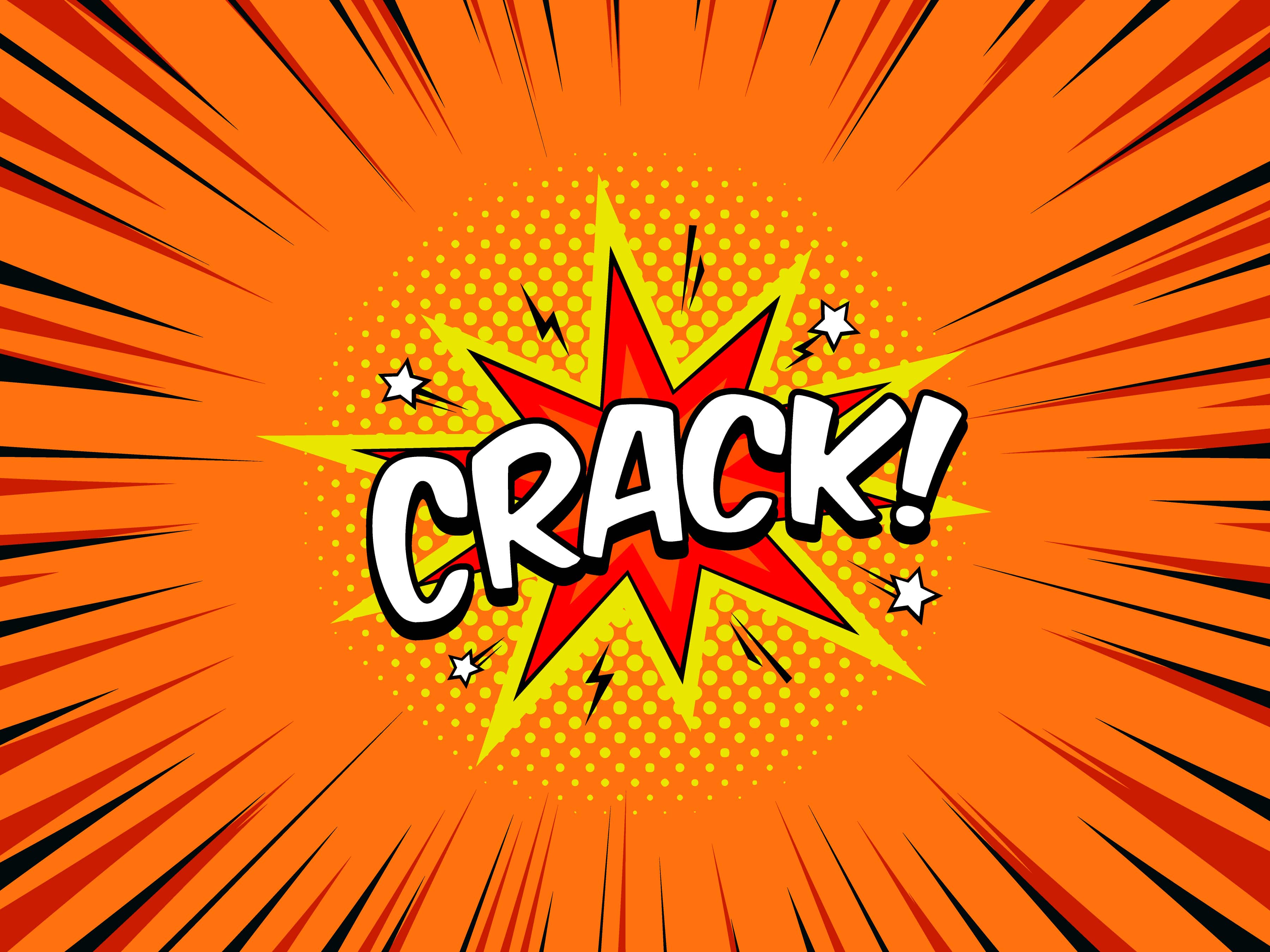
When you get up to walk across the room, do your hips, knees or back pop, creak or crack? If they do, you might want to call your doctor, as these noises are a sign of osteoarthritis in your joints. But, what about when your jaw pops, creaks or cracks? If you’re experiencing noise when you open and close your mouth, yawn, talk, or chew, it’s time to call Legends Dental in Waco, Texas.
Did You Know?
Did you know that your jaw joints are the most dynamic joints in your body? These joints are known as the temporomandibular joints, or TMJs. They are also the most complicated joints. They hinge your lower jaw to your skull and allow you to move your jaw up and down, side to side, and back and forth.
When these joints become damaged due to wear and tear, a misaligned bite, or because of trauma, moving your jaw can become noisy.
When you hear creaking and popping noises, it’s time to see a dentist. These noises are a warning sign that damage is getting worse – which could mean extremely painful bone-on-bone contact.
Is It Time to Worry?
While it’s not time to panic if you’re experiencing jaw popping or creaking, it is time to make an appointment. Even if you’re not experiencing jaw pain, you should call for a consultation.
Some dentists may say that ‘everyone’ has creaking and popping to some extent in their jaw. While many people do have creaking and noise when they move their jaws with regular use, that doesn’t mean it’s normal.
If a dentist tells you that it is normal, it’s time to find a new dentist as noise in the jaw joint is a warning sign of a painful condition known as temporomandibular joint disorder, or TMD.
If you’re experiencing both popping and pain, it’s time to call Legends Dental, as early intervention is critical for slowing down or reversing damage to your TMJs.
Self-Care
If you’re noticing pain and popping with the regular and normal use of your jaw, there are some self-care steps you can take:
Eating soft foods. Tough, chewy or hard foods can aggravate and irritate your jaw joints. Switch to soft foods instead for a bit to ease jaw irritation. We also recommend you skip chewing gum.
Quit clenching. Stress on your jaw can be caused by clenching and grinding of the teeth. If you think you’re clenching or grinding your teeth, talk to Legends about ways to quit or about mouth guards to protect your teeth.
Eliminate stress. Easier said than done, we know, but if you’re clenching, you may be doing it without even knowing it as a way to cope with stress. We recommend trying to reduce your stress by finding other ways to cope, such as meditation, exercising and nasal breathing.
If you’re experiencing clicking, popping or other jaw problems, it’s time to call Legends Dental at 254-799-9540.




